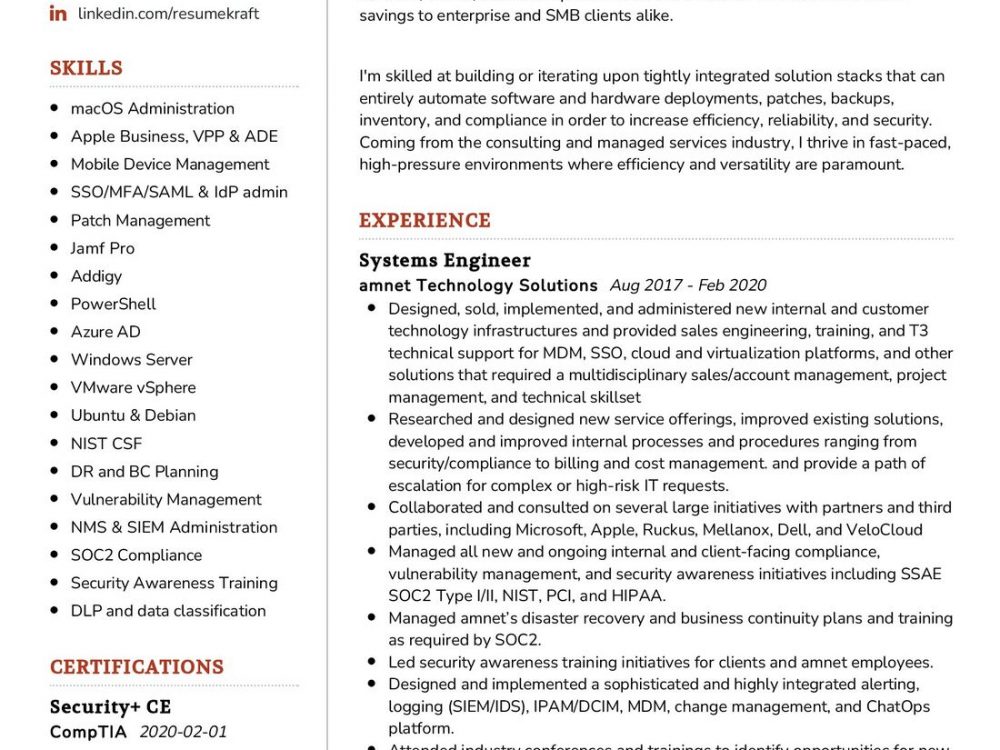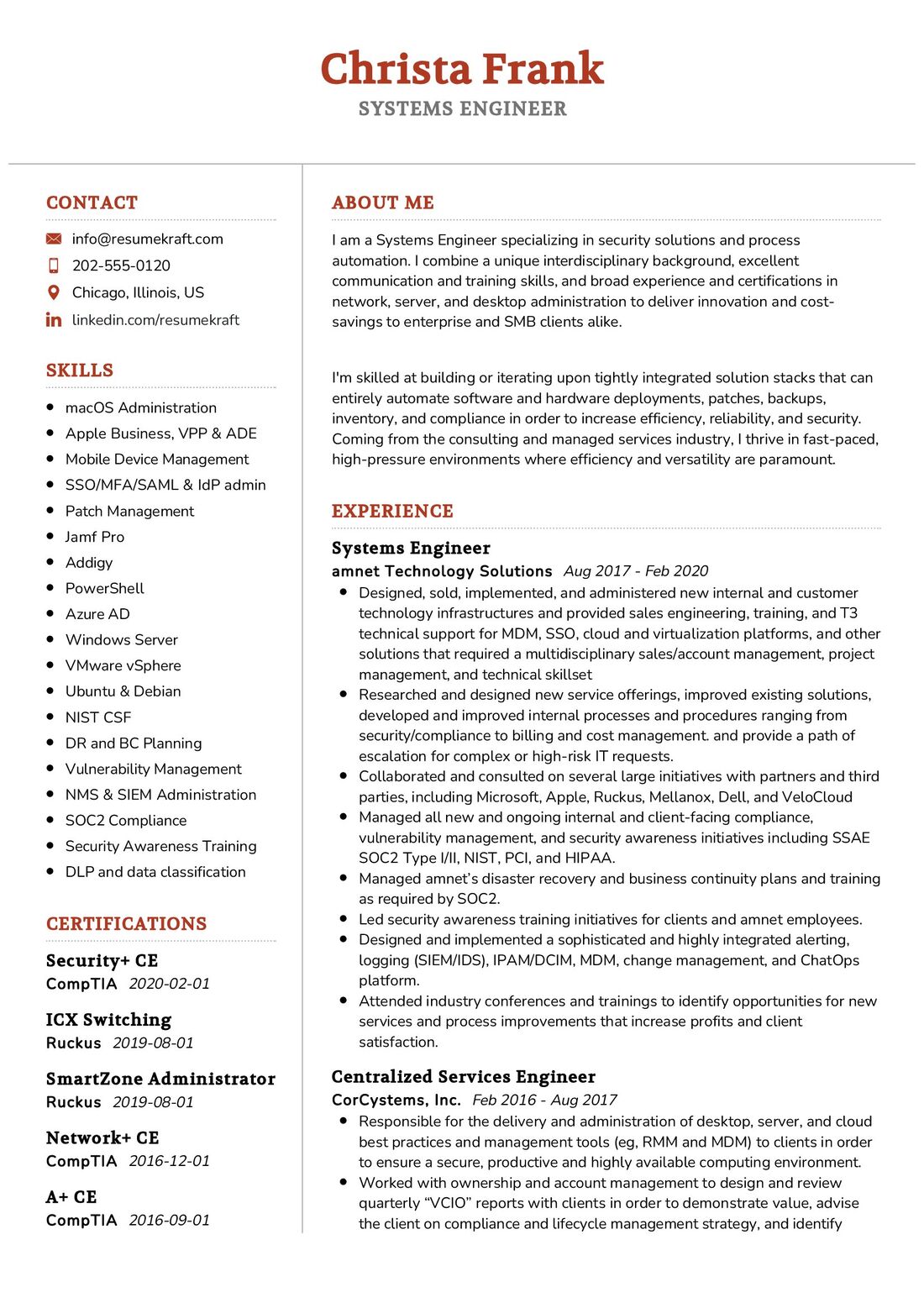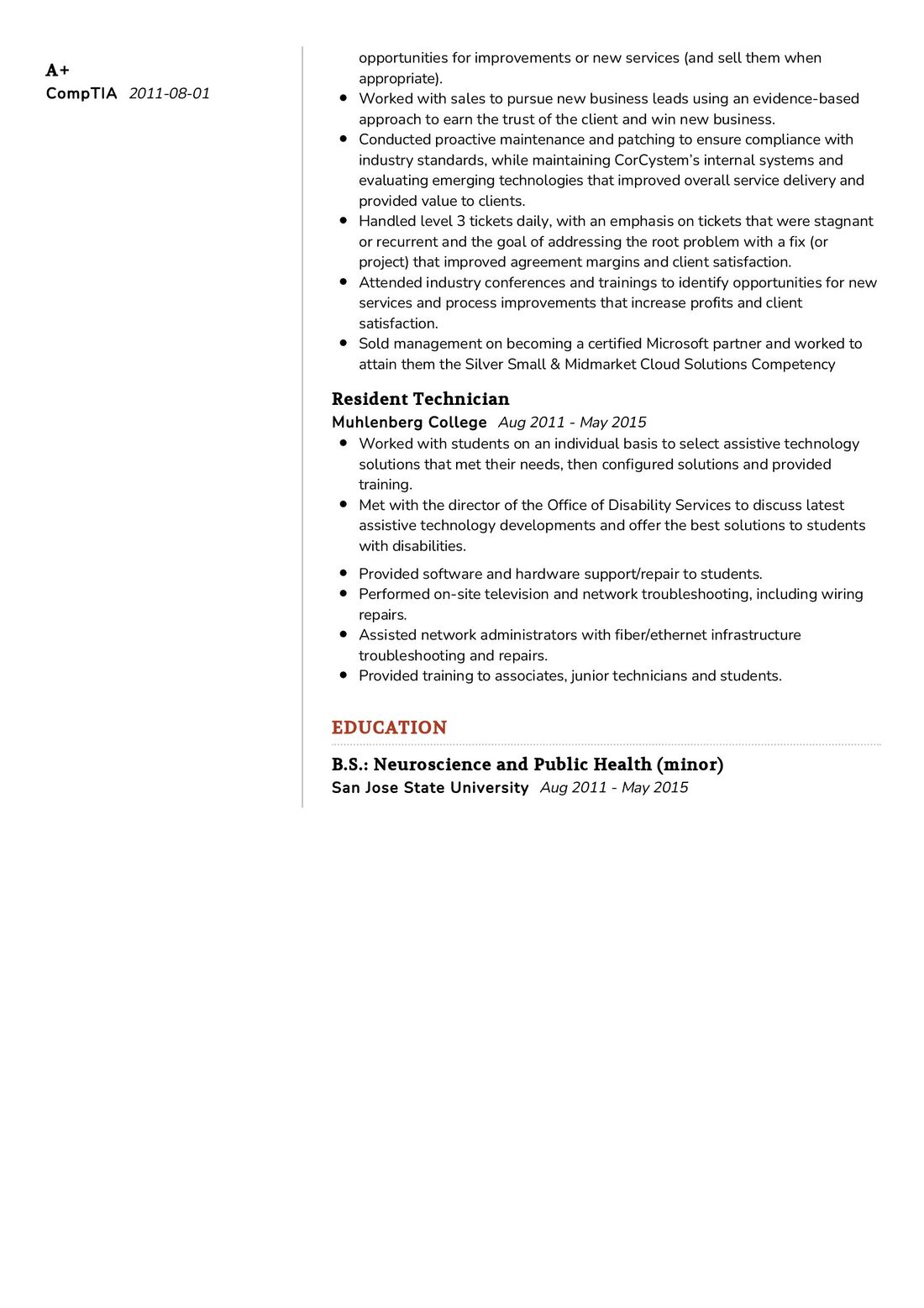What is the Role of a Systems Engineer?
In the dynamic world of technology, the role of a Systems Engineer stands as a pillar that ensures the seamless integration and functioning of various systems within an organization. But what exactly does a Systems Engineer do? Let’s delve deeper into this critical role that blends technical expertise with a strategic vision.
A Systems Engineer is tasked with the responsibility of designing, implementing, and managing complex systems over their life cycles. Their role encompasses a wide range of activities including system architecture, system modeling, system analysis, and optimizing performance through system improvements. They work closely with stakeholders to understand their needs, translating them into technical requirements and ensuring the system meets specified standards and functionalities. Their role is pivotal in ensuring the stability, reliability, and efficiency of an organization’s IT infrastructure.
What are the Systems Engineer Job Requirements?
Embarking on a career path as a Systems Engineer requires a robust educational background and a rich skill set. Let’s explore the essential requirements that pave the way to becoming a proficient Systems Engineer:
- A Bachelor’s or Master’s degree in Systems Engineering, Computer Science, or a related field, laying a strong foundation in technical knowledge.
- Profound understanding of various operating systems, network configurations, and system architecture, showcasing a well-rounded technical expertise.
- Experience in system design and analysis, a journey where you have nurtured your skills in understanding and creating complex systems.
- Problem-solving skills, developed through hands-on experience in troubleshooting and optimizing system performance.
- Excellent communication skills, honed through years of collaborating with cross-functional teams and stakeholders.
- Certifications in relevant areas such as Cisco Certified Network Associate (CCNA) or Microsoft Certified: Azure Solutions Architect Expert can be a significant advantage.
Building a portfolio that showcases your experience in managing large-scale projects and leading teams can further enhance your profile.
What are the Responsibilities of a Systems Engineer?
The role of a Systems Engineer is a tapestry of varied responsibilities, each contributing to the smooth functioning and optimization of organizational systems. Let’s unravel the core responsibilities that define this role:
- Designing and implementing system solutions to streamline processes and enhance system functionality.
- Collaborating with different departments to understand their system requirements and providing tailored solutions.
- Monitoring system performance to ensure optimal functioning and implementing necessary updates and improvements.
- Developing comprehensive system documentation, including system specifications, data flow diagrams, and system manuals to facilitate knowledge sharing and system maintenance.
- Ensuring system security through the implementation of security protocols and regular system audits.
- Providing technical support and training to end-users, fostering a culture of knowledge sharing and continuous learning.
Each responsibility is a testament to the Systems Engineer’s role as a guardian of the organization’s technical infrastructure, ensuring its robustness and efficiency.
Systems Engineer Resume Writing Tips
As you venture into crafting a resume that resonates with your career journey and aspirations, here are some tips to help you build a compelling narrative:
- Highlight your experience in designing and implementing system solutions, showcasing your expertise in enhancing system efficiency.
- Detail the complex projects you have managed, narrating the challenges faced and the solutions implemented.
- Include a section on the certifications acquired, portraying your commitment to continuous learning and expertise in the field.
- Personal anecdotes or insights from your experience can add a personal touch to your resume, helping it stand out.
Each tip is a stepping stone towards crafting a resume that is a true reflection of your skills and experiences.
Systems Engineer Resume Summary Examples
Your resume summary is the gateway to your career story, offering a snapshot of your journey thus far. Here are some examples to inspire you:
- “Systems Engineer with over 8 years of experience in designing and implementing robust system solutions, adept at optimizing system performance and ensuring security.”
- “Dedicated Systems Engineer with a proven track record in managing large-scale projects, showcasing expertise in system analysis and architecture.”
- “Experienced Systems Engineer with a knack for problem-solving, proficient in optimizing system functionalities and enhancing efficiency.”
Each summary offers a glimpse into your expertise and the value you bring to the role, setting the stage for the detailed narrative that follows.
Create a Strong Experience Section for Your Systems Engineer Resume
Your experience section is the heart of your resume, narrating the rich experiences and milestones in your career. Here are some pointers to help you build a compelling experience section:
- Detail your role in significant projects, highlighting your contributions and the impact on
the organization.
- Include instances where you have led teams to success, showcasing your leadership skills.
- Highlight your expertise in system security, detailing the protocols implemented and the results achieved.
Each entry in this section is a chapter in your career story, narrating your growth and the value you brought to your roles.
Sample Education Section for Your Systems Engineer Resume
Your educational background forms the foundation of your career, showcasing the knowledge and expertise you have acquired over the years. Here is a sample education section to guide you:
- B.Sc. in Computer Science, XYZ University, 2015
- M.Sc. in Systems Engineering, ABC University, 2018
- Certified Systems Engineering Professional (CSEP), INCOSE, 2020
Each educational milestone is a testament to your dedication to learning and your expertise in the field.
Systems Engineer Skills for Your Resume
As a Systems Engineer, your skill set is a rich amalgamation of technical expertise and strategic vision. Let’s list down the essential skills that a Systems Engineer should possess:
Soft Skills:
- Leadership and team management, the ability to steer your team towards success.
- Communication and interpersonal skills, the art of conveying your thoughts effectively and building strong relationships.
- Problem-solving abilities, the knack of finding solutions in challenging situations.
- Attention to detail, the meticulous approach to ensuring nothing slips through the cracks.
- Adaptability and resilience, the strength to bounce back and adapt to changing scenarios.
Hard Skills:
- Expertise in various operating systems and network configurations, showcasing a well-rounded technical expertise.
- Proficiency in system design and analysis, a skill that brings efficiency to system management.
- Knowledge of system security protocols, an understanding that ensures system robustness and security.
- Experience in project management, the ability to see a project through from inception to completion successfully.
Each skill is a tool, aiding you in providing exceptional service and leading your team effectively.
Most Common Mistakes to Avoid When Writing a Systems Engineer Resume
As you craft your resume, it is essential to steer clear of common pitfalls that can hinder your journey to landing your dream job. Here we list down the mistakes often seen in resumes and how to avoid them:
- Using a one-size-fits-all approach, a strategy that fails to showcase your unique fit for the role.
- Listing job duties without showcasing your achievements, a narrative that lacks depth.
- Ignoring the cover letter, a missed opportunity to narrate your story and connect with the potential employer.
- Overloading your resume with technical jargon, a strategy that can obscure your true value.
- Failing to proofread, a mistake that can leave a dent in your professional image.
Each mistake is a pitfall, avoid them to craft a resume that is both authentic and compelling.
Key Takeaways for Your Systems Engineer Resume
As we reach the end of this comprehensive guide, let’s recap the key points to keep in mind while crafting your Systems Engineer resume:
- Emphasize your leadership journey, showcasing the milestones achieved and the teams led.
- Highlight your technical proficiency, showcasing your expertise in system technologies.
- Detail the strategic initiatives you have spearheaded, painting a picture of your visionary approach.
- Include a section on continuous learning, showcasing the certifications and courses undertaken.
Finally, feel free to utilize resources like AI Resume Builder, Resume Design, Resume Samples, Resume Examples, Resume Skills, Resume Help, Resume Synonyms, and Job Responsibilities to create a standout application and prepare for the Systems Engineer job interview.
With this rich tapestry of insights and tips, you are now equipped to craft a resume that not only narrates your career journey but also showcases the depth of your expertise and your vision for the future. Remember, your resume is a canvas where you paint your professional narrative, a narrative of growth, learning, and leadership. Forge ahead with confidence and craft a resume that stands tall in the competitive landscape. Best of luck!



